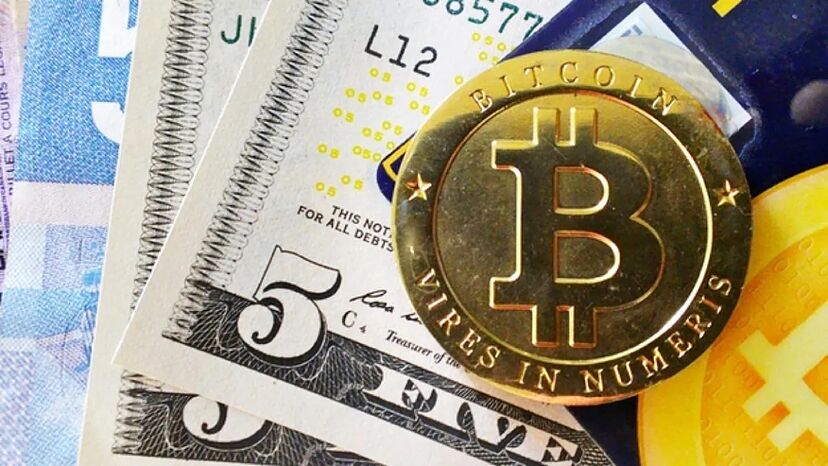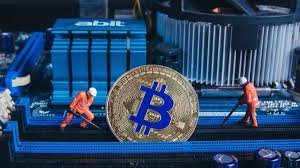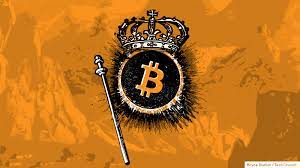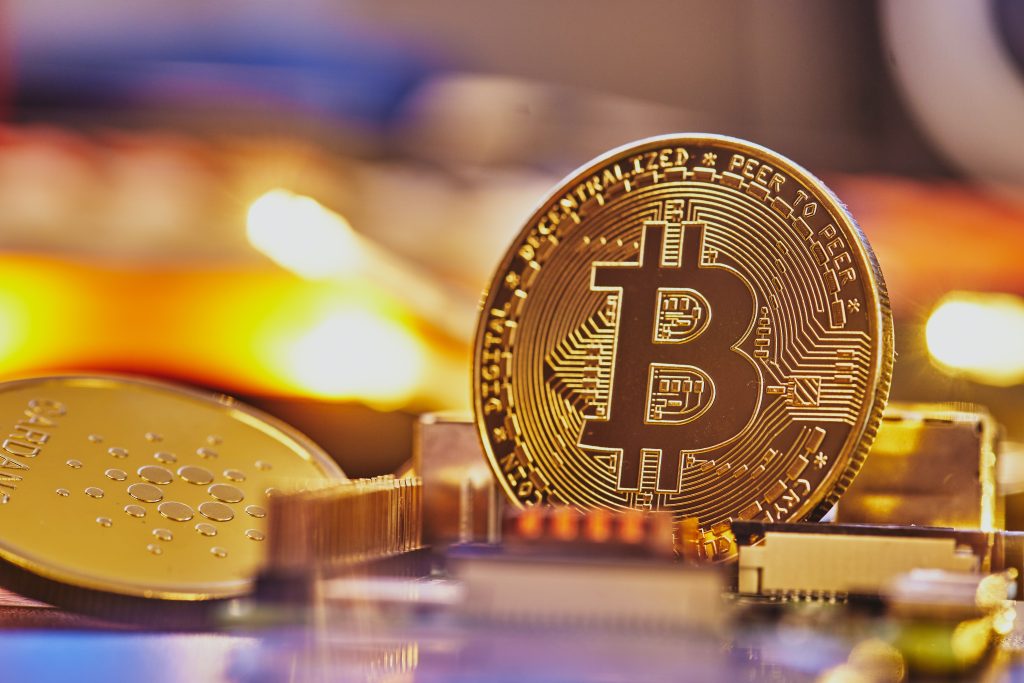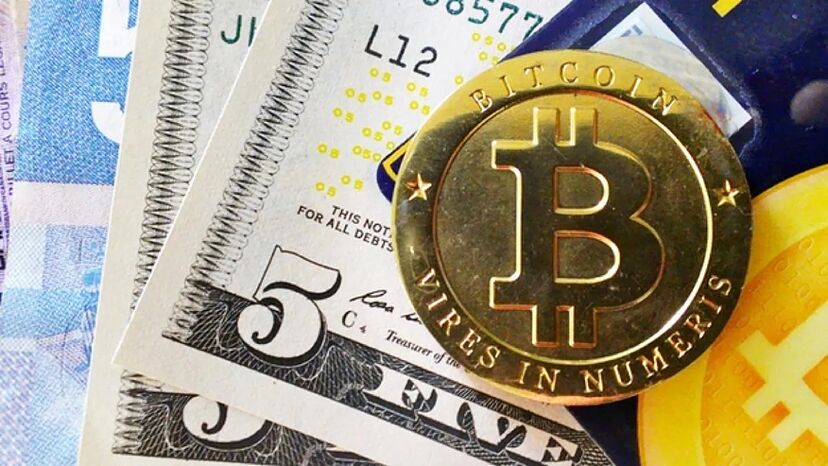Bitcoin, the world’s first and most renowned cryptocurrency, has captured the attention of governments, financial institutions, and individuals alike. In recent years, Indonesia has emerged as an important player in the global cryptocurrency landscape.
This blog post will delve into the insights provided by Governor Ridwan Kamil and Samson Mow regarding the future of Bitcoin in Indonesia, as shared during the Bitcoin 2023 conference.
Bitcoin Mining Journey in Indonesia
Before we explore the visions shared at Bitcoin 2023, it’s essential to understand Bitcoin’s journey in Indonesia. The cryptocurrency mining gained popularity among Indonesians in the early 2010s, primarily as a speculative investment. However, the regulatory landscape was uncertain, and the government viewed Bitcoin with suspicion. This stance began to change as the potential benefits of blockchain technology and cryptocurrencies became evident.
Governor Ridwan Kamil’s Perspective
Governor Ridwan Kamil of West Java, one of Indonesia’s most populous provinces, has been vocal about his support for blockchain technology and cryptocurrencies. At Bitcoin 2023, he reiterated his belief that embracing digital assets like Bitcoin could be a transformative step for the Indonesian economy.
- Financial Inclusion: Governor Kamil highlighted how Bitcoin and other cryptocurrencies could facilitate greater financial inclusion in Indonesia. With a significant portion of the population lacking access to traditional banking services, digital currencies could bridge this gap, allowing more Indonesians to participate in the formal financial system.
- Fostering Innovation: He also stressed the importance of fostering innovation in the blockchain and cryptocurrency space. By providing a supportive regulatory environment, the government can encourage startups and businesses to explore blockchain-based solutions, potentially leading to job creation and economic growth.
- International Trade: Bitcoin’s borderless nature can make international trade more efficient for Indonesian businesses. Governor Kamil mentioned that exploring Bitcoin as a means of settling cross-border transactions could reduce costs and enhance Indonesia’s competitiveness on the global stage.
Samson Mow’s Insights
Samson Mow, Chief Strategy Officer of Blockstream and a prominent figure in the cryptocoin mining rig industry, provided a global perspective on Bitcoin and its role in Indonesia’s future.
- Bitcoin as Digital Gold: Mow emphasized Bitcoin’s position as “digital gold.” Just as gold has been a store of value for centuries, Bitcoin offers similar attributes in the digital age. Indonesians, like people worldwide, are increasingly recognizing Bitcoin as a hedge against inflation and economic uncertainty.
- Blockchain Technology: Mow also discussed the potential of blockchain technology beyond cryptocurrencies. He highlighted how blockchain could be used in supply chain management, identity verification, and even voting systems to enhance transparency and security in various aspects of Indonesian society.
- Education and Adoption: To fully embrace Bitcoin’s potential, Mow stressed the importance of education and adoption efforts. This includes educating the public about the benefits and risks of cryptocurrencies and creating user-friendly platforms and tools for Indonesians to buy, hold, and use Bitcoin safely.
Regulatory Challenges and Solutions
While both Governor Ridwan Kamil and Samson Mow painted an optimistic picture of Bitcoin’s future in Indonesia, they acknowledged the need for clear and effective regulation to ensure the responsible growth of the cryptocurrency industry.
- KYC and AML Measures: To prevent illicit activities and protect consumers, the Indonesian government is likely to implement Know Your Customer (KYC) and Anti-Money Laundering (AML) measures for cryptocurrency exchanges and service providers. These measures would align the industry with global standards and enhance investor confidence.
- Licensing and Compliance: Licensing requirements for crypto mining apps businesses can provide oversight and accountability. A regulatory framework that ensures exchanges and wallet providers adhere to certain compliance standards will contribute to a safer environment for users.
- Taxation: Addressing taxation issues related to cryptocurrency transactions is another critical aspect. Indonesia may consider imposing taxes on capital gains from cryptocurrency investments while providing clear guidelines on reporting and compliance.
The Bitcoin 2023 conference provided valuable insights into the future of Bitcoin in Indonesia. Governor Ridwan Kamil and Samson Mow’s perspectives highlight the potential benefits of embracing cryptocurrencies, such as financial inclusion, innovation, and enhanced international trade.
However, they also recognized the importance of responsible regulation to mitigate risks and ensure the industry’s long-term viability. With the right approach, Indonesia could position itself as a leading player in the global cryptocurrency ecosystem in the years to come.
As Indonesia continues to navigate its path in the miners for crypto landscape, it is essential for policymakers, businesses, and the public to work together in creating a conducive environment that harnesses the potential of Bitcoin and blockchain technology while safeguarding the interests of all stakeholders.
